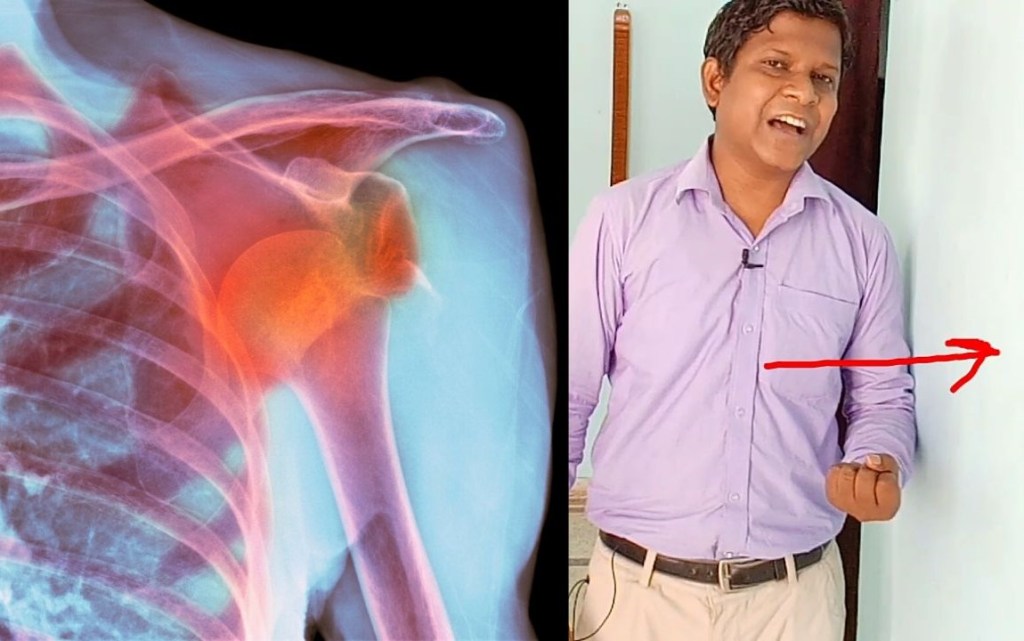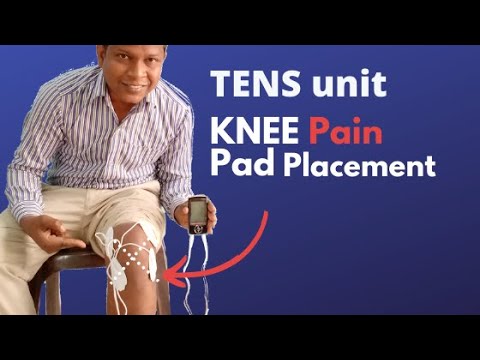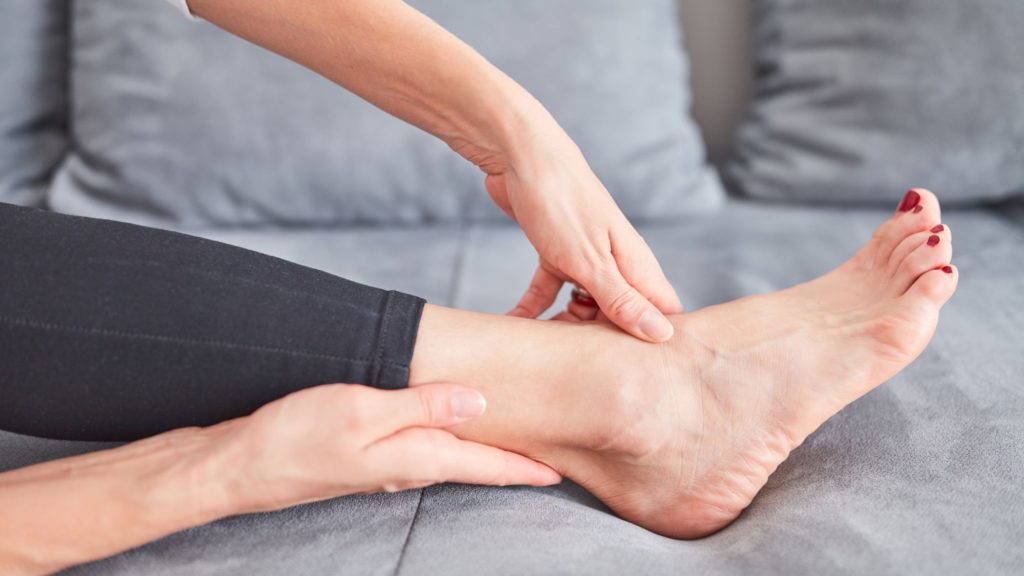
Muscle twitching, those sudden, involuntary contractions of one or more muscle fibers, can be an annoying and sometimes even distressing experience. While it’s often harmless and temporary, understanding its common triggers and culprits can help shed light on why your muscles may be misbehaving.
In this blog post, we’ll learn the reasons of muscle twithces and what you can do about them.
The basics of muscle twitching
Before we dive into the common triggers and culprits, let’s briefly explore what muscle twitching is and how it works. A muscle twitch, also known as a muscle spasm or fasciculation is an involuntary contraction of a small portion of a muscle. It typically appears as a brief, subtle movement or flutter beneath the skin.
Muscle twitches can occur in various parts of the body, including the arms, legs, face, and even the eyelids. They can range from mild, barely noticeable twitches to more pronounced spasms that can be seen and felt. In most cases, these twitches are harmless and resolve on their own without the need for medical intervention.
Common triggers and culprits
Now, let’s explore the factors that commonly trigger muscle twitching:
1. Dehydration
Dehydration occurs when your body loses more fluids than it takes in, leading to an imbalance in electrolytes like potassium, magnesium, and calcium. These electrolytes play a crucial role in muscle function. When they are imbalanced, it can result in muscle twitches and spasms.
Solution: Stay hydrated by drinking an adequate amount of water each day. Replenishing lost fluids can help restore the balance of electrolytes.
2. Stress and anxiety
Stress and anxiety can wreak havoc on your body in various ways, including triggering muscle twitches. When you’re under stress, your body releases stress hormones that can overstimulate nerves, leading to muscle spasms and twitches.
Solution: Engage in relaxation techniques such as deep breathing, meditation, or yoga to manage stress and anxiety effectively.
3. Caffeine
Caffeine is a stimulant found in coffee, tea, energy drinks, and some medications. Consuming excessive amounts of caffeine can disrupt nerve signals, potentially leading to muscle twitching.
Solution: Limit your caffeine intake, especially if you notice a correlation between caffeine consumption and muscle twitches.
4. Fatigue
Overworking your muscles through strenuous physical activity or inadequate rest can make them more susceptible to twitching. Muscles need time to recover after exertion, and fatigue can increase the likelihood of twitches.
Solution: Ensure you get enough rest and avoid overexerting yourself during physical activities.
5. Lack of sleep
Sleep is essential for the body’s overall health and function. Sleep deprivation can lead to muscle irritability and twitching.
Solution: Prioritize getting enough quality sleep each night to allow your body to recover and repair.
6. Electrolyte imbalances
Low levels of essential minerals like potassium, magnesium, and calcium can disrupt the normal functioning of muscles and nerves, leading to twitching.
Solution: Maintain a balanced diet rich in fruits, vegetables, and other foods that provide these essential minerals.
7. Medications
Some medications, such as certain asthma drugs and diuretics, list muscle twitching as a potential side effect. If you suspect your medications are causing twitches, consult your healthcare provider.
Solution: Discuss your concerns with your healthcare provider, who may adjust your medication or provide alternative options.
8. Exercise
Intense or prolonged exercise can lead to muscle fatigue and twitching. This is especially common during activities that target specific muscle groups.
Solution: Incorporate proper warm-up and cool-down routines into your exercise regimen to reduce the risk of muscle fatigue and twitching.
9. Caffeine withdrawal
If you’re used to consuming large amounts of caffeine daily and suddenly reduce your intake, your body may react with muscle twitching as it adjusts to the change.
Solution: Gradually reduce your caffeine intake rather than quitting abruptly to minimize withdrawal symptoms.
10. Neurological Conditions
In some cases, persistent muscle twitching may be a symptom of an underlying neurological disorder, such as amyotrophic lateral sclerosis (ALS), multiple sclerosis (MS), or peripheral neuropathy.
Solution: Muscle twitching can be annoying, but if it sticks around and you feel weak or numb, don’t ignore it. It might be a sign of something more serious, like peripheral neuropathy. In Oklahoma City, there are specialists who can help. Don’t let muscle twitches go unchecked. Reach out to a professional for advice and treatment.
When to seek medical attention
While most muscle twitches are harmless and resolve on their own, there are situations where you should seek medical attention:
- If you experience frequent, prolonged, or severe muscle twitches.
- If muscle twitches are accompanied by other concerning symptoms like muscle weakness, numbness, or pain.
- If muscle twitches disrupt your daily life or sleep patterns.
A healthcare provider can perform a thorough evaluation, which may include blood tests, imaging, and neurological exams, to determine the underlying cause of your muscle twitches and recommend appropriate treatment.
In Conclusion
Muscle twitching, though often benign, can be a nuisance. Understanding the common triggers and culprits behind muscle twitches can empower you to make lifestyle changes and seek appropriate care when needed. Remember that staying hydrated, managing stress, getting enough sleep, and maintaining a healthy lifestyle are critical steps in preventing and addressing muscle twitches effectively. If you have persistent concerns or symptoms, don’t hesitate to consult a healthcare professional for guidance and peace of mind.
Keep Reading: How to Stop Leg Cramps at Night?
The author is a physiotherapist who has been practising for the last 17 years. He holds a Bachelor's in Physiotherapy (BPT) from SVNIRTAR (Swami Vivekananda National Institute of Rehabilitation and Research), one of the prestigious physiotherapy schools in India.
Whatever he learns dealing with his patient, he shares it with the world through blogs and e-books. He also owns a YouTube channel, "Sunit Physiotherapist" with over 8 lakh active subscribers. Here, he shares everything he gets to learn serving the patient.





